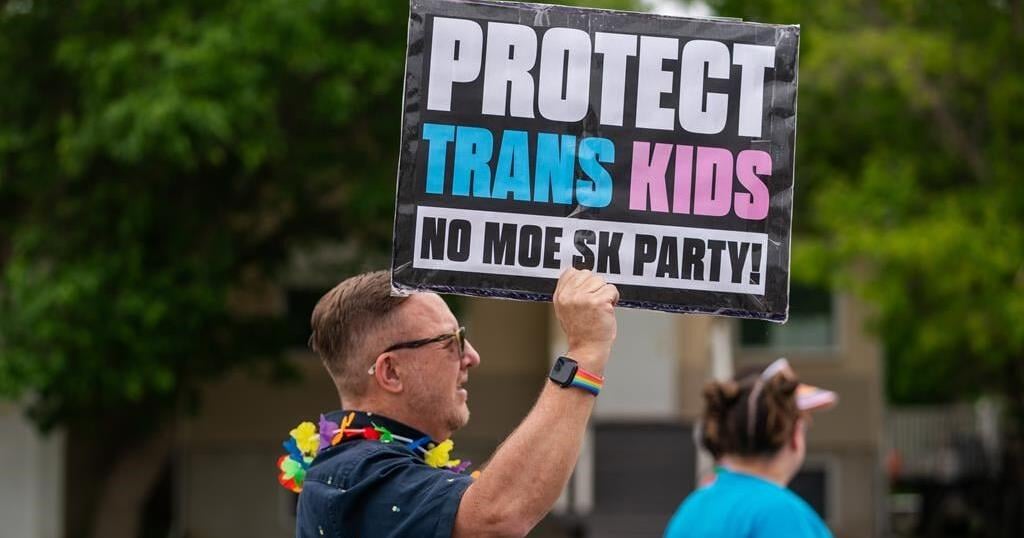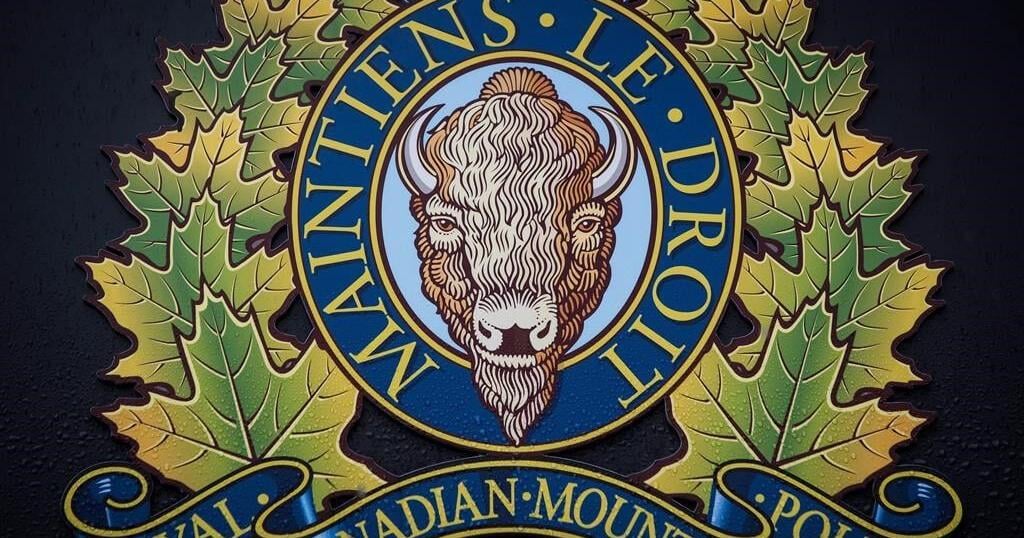REGINA – Saskatchewan’s two largest school divisions say they’ve addressed concerns from teachers and are enforcing the province’s pronoun law as children head back to classrooms next week.
Jason Coleman, superintendent of student achievement at Regina Public Schools, says students under 16 who want to change their names or pronouns in school are required to have parental consent. Those older can do so without.
Some parents have said no, said Coleman. When that happens, the division works with students on getting them to a place where they can communicate with their families.
“We’ve had to do it before the (legislation) and after,” Coleman said.
“Compliance looks like we’re being respectful of our students and being respectful of our parents within the legislation that exists. Even before the legislation, we strove, we worked towards and we tried to include parents in all things that we did.”
Coleman declined to say how teachers are disciplined if they don’t follow the law.
A spokesperson for Saskatoon Public Schools said in an email that all employees are expected to follow the legislation and its enforcement is no different than with other policies.
“It has always been our process to encourage students of any age to involve their parents or guardians in discussions about name changes and pronoun changes,” the statement said.
It said the division has let students know it can’t always guarantee privacy if different names are used by teachers and peers.
“Students not ready to share this information with their family generally decided to wait until they were ready to do so.”
Premier Scott Moe’s Saskatchewan Party government said it introduced the requirement as a rule in August 2023 to make sure parents are included in their children’s lives.
A court challenge later caused Moe to recall the legislature to make the rule a law. The legislation invoked the notwithstanding clause, a measure that allows governments to override certain Charter rights for up to five years.
A judge ruled the challenge could continue. The province then sought an appeal, which is to be heard in September.
Moe hasn’t offered details on how teachers would be punished if they don’t abide by the law. He has left it up to school divisions to make sure it’s followed.
In November, dozens of teachers signed an online petition saying they won’t follow the law, arguing it harms gender-diverse students by forcing them to come out or by having teachers misgender them.
Regina teacher Alex Schmidt, who was among the signatories, said educators were confronted with different kinds of fears.
Some worried they wouldn’t be properly caring for students if they didn’t use preferred names or pronouns. Other teachers were concerned about getting fired if they didn’t follow the law.
There were more questions: Would the law be used to create conflict between teachers and parents? Would students ask for pronoun or name changes as a way to act out and play a prank?
“It wasn’t necessarily going on in my spaces, but it was scary for teachers, going one way or the other, whether it was important to the student, or whether it would turn into a joke,” Schmidt said.
“But from what I had heard, it wasn’t happening a ton. And the students it was happening with, it was very real and it was a process that, in some cases, scared the teacher to have to be in that position.”
Schmidt, who went on maternity leave in March and plans to return later this school year, said it was her understanding Regina Public Schools would handle non-compliance on a case-by-case basis.
Teachers were either going to follow the rule or not, she said. Others didn’t know what they were going to do until faced with the situation.
“There was a lot of fear related to job security and also a lot of fear related to not being someone who’s caring for the kids,” she said.
Schmidt said she hasn’t had a student ask for a name or pronoun change. However, she’s still prepared to call a child by their chosen name or pronoun without parental consent should that happen.
“My job is to respect the human rights of the child, and that is every person’s job,” she said.
“When I think about that, I’m doing my job — even if Scott Moe says I’m not — by respecting the child’s wishes, the child’s comfort and the child’s needs.”
New Brunswick’s Progressive Conservative government has also enforced a pronoun rule that requires parents’ consent for pronoun or name changes for students under 16.
In Alberta, United Conservative Premier Danielle Smith said she plans to introduce legislation this fall that would require parental consent for students under 16 looking to change their names or pronouns.
Smith said she’s also prepared to use legislation to restrict transgender youth from accessing gender-affirming health care, banning transgender participation in female sports and requiring parental consent or notification for sex education.
School divisions in Edmonton and Calgary said they aren’t clear what the province will implement and when those changes could arrive.
This report by The Canadian Press was first published Aug. 29, 2024.

























